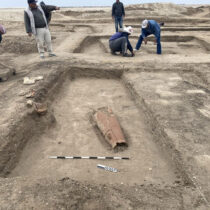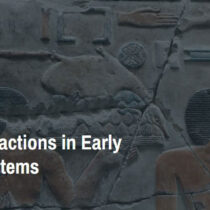A peculiar phenomenon in our day and age is the abundance of dance groups performing Greek traditional dances. It is a feature of modern Greek society which, however, cannot be easily interpreted. The dance group of the Lyceum of Greek Women, is composed of volunteer dancers and is one of the best known artistic groups whose history can be traced back to the early 20th century. Today it is counted among the pioneering dance groups that seek modern forms of artistic expression through research into folk song, other traditional dance groups and Greek folk festivals and ceremonies in general. The Lyceum of Greek Women, being a society with annexes all over the country, teaches Greek dances in a similar way to hundreds of other societies and cultural associations, most of which appeared after the beginning of the 1970ies. Dance groups with a repertory of dances from all over Greece as well as dance companies with members who are mature in age, are active throughout Greece today, aiming at the preservation and enhancement of the purely local repertoire. As a result of this there is a surplus of dance performances, since almost anyone can stage them, of a doubtful quality. The teachers of dance at the various associations are mainly graduates of the Academy of Gymnastics, specialising in Greek dances. There also exists another kind of teacher, older experienced dancers, ex-members of voluntary or semi-professional dance groups in the country. Cultural associations today exist, not only in urban centres, but also in small villages where excellent teachers of traditional dances can be found. Such teachers promote local music and dance repertoire, and at the same time teach their students that Greek dance is not only a theatrical performance but a lively part of Greek reality and a way of expressing oneself in the modern world.
Greek traditional dances. How they are taught and their artistic expression
29 Aug 2012
by Archaeology Newsroom
- A
- A
- A

